
If you’ve read the last couple of my posts, you might notice that I always add walking as the last part of the Yoga Tune Up® reset. My latest posts have been about the feet and the hips, but even as we travel up the chain, I still think walking is the best way to assess and integrate movement. In my eyes, walking is probably the single, most important whole body movement that we do every day (even if it’s just from the couch to the kitchen).
While the legs and feet form our foundation in upright living, the shoulders and arms should not be left out of the picture just because they aren’t actively holding up us. Here’s a cute example of what happens when our arms are fixed when we are ambulating: Watch the Drool Model Walking
The clip is adorable (because the Drool Model is adorable) but also a little worrisome to see in slow motion what happens to her spinal movement when her shoulders and arms are fixed while in her wobbly jog. As the video replays in slow motion, we can see how much her spine has to contort and twist when it’s not able to transmit the energy through her upper limbs. This is not to say that the spine should be immobile while running or walking (or maybe even standing in tadasana, for that matter), but the best kind of spinal movement is a little bit in a lot of places.
Last spring, I took the first two levels of a gait training called Anatomy in Motion: Finding Centre, with Gary Ward, author of What the Foot?. According to Gary, “The arms and the feet are dialed in together to generate optimum movement.” The arms help create the counter-rotation with the legs necessary to move forward through space. (Try moving forward while your arms and legs move in the same direction.) The free swing of the arms, however, also diffuses the energy created through the feet pushing off the ground, so that it flows easily through the spine, instead of being stuck and rebounding into the neck and lower back. This is clearly what we see in the Drool Model’s adorable waddle as she is holding her arms fixed to the toy.
During the gait cycle the arms should move within their full range of motion. The humerus moves into flexion and external rotation and the scapula protracts and upwardly rotates when the arm swings forward. This gently loads and stretches the the abdominals and hip flexors, latissimus dorsi, rhomboids, internal rotators, and even the intercostals. When the arm swings backs into extension and internal rotation, stretching the chest, the top and front of the shoulder, and the side of the neck.
Do you want to go for a walk yet?
Ask yourself: How often do you walk with your arms free and unencumbered? This is not an easy feat in our culture of purses, backpacks, strollers, etc. Sometimes these “conveniences” are as necessary as they are useful. Just imagine the gift you’d be giving your body if you gave your arms a little time to swing freely once in a while!
If you feel like you have lost some of the movements that make swinging the arms light and breezy, stay tuned-in for an awesome Yoga Tune Up® reset that will restore and nourish your tightly wound shoulders and bring the spring back into your step!
Sources:
- 1. Miller, J. (2014). The roll model: A step-by-step guide to erase pain, improve mobility, and live better in your body. Las Vegas: Victory Belt.
- 2. Ward, G (2013). What the foot? A game changing philosophy of human movement eliminating pain and maximising human potential.London: Soap Box Books.

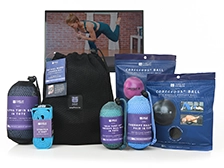
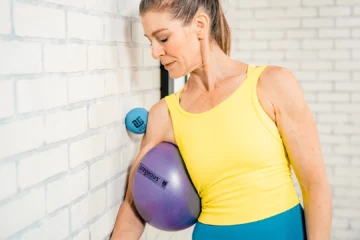
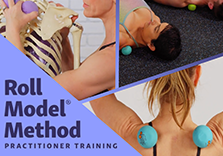
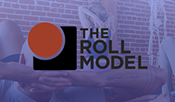
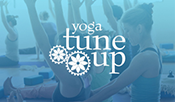


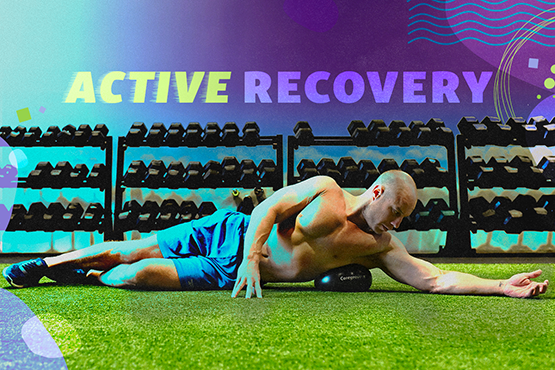
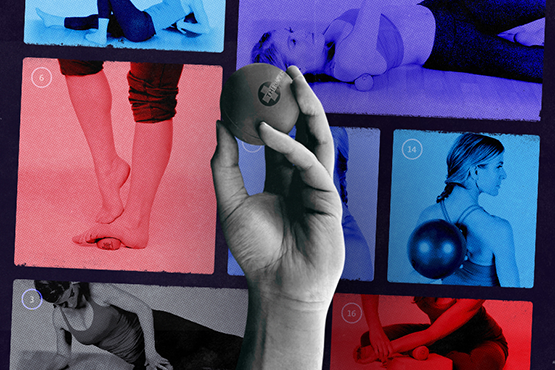
I love the simple reminder in this post about the importance of allowing your arms to swing freely while walking. It is rare to see a person walking down the street without a bag on one shoulder or something in their hands (or maybe even both hands, like texting on a cell phone). Walking seems like it should be this very natural, inherent skill, but more and more it seems like yet another thing we need to bring awareness to and perhaps learn how to do better. I use a backpack as my daily bag but often find it hanging on one shoulder out of convenience or laziness. But I do love the feeling of really actively swinging my arms when I am officially out for a walk. I feel inspired to recommit to the idea that presence while walking is just as important as being present when you arrive to the place you are walking to!
Gait training is endlessly fascinating! I always include a little in my privates. So interesting to see what happens to babies’ gaits when they skip crawling.
Thank you for writing about the importance of how arm movement is connected to the feet to ‘generate optimum movement’ as it makes the shoulders and trunk engage. It reinforced the knowledge that I have just picked up about the ‘connections in-between’.
I’m guilty of having my arms occupied a lot of times. I’ve never realized that this lifestyle choice affects the health of my spine. Great reminder!
This article popped up in perfect timing – just as I have spent the morning researching my new interest in cross coordination, this fits in perfectly. Walking is one of the foundational moves we do everyday and we rarely pay much attention to it, but as I am learning, the movement of the arms and legs are essential for our movement health!
Thanks for the reminder of how important arm swing is to proper gait! I work at a gym, and I am continually trying to convince folks not to hold on when walking on the treadmill. Unfortunately, it’s a losing battle! It’s painful to watch them twisting their hips like crazy as they push their pace faster than their body can handle. Most of them are leaning forward with rounded shoulders, but there are a few that I see hanging on and leaning back while they over stride and pound their heels in with every step. 🙁
Thanks for another reminder that we “carry” far too much stuff these days. I would think that removing objects from hands and walking more freely could lead physiologically to a reduction in mental carries and stress.
Thanks for this post. Referencing the movement of energy was really helpful. I have not yet applied what you are teaching, but will as soon as I start walking today!
Thanks for explaining how important the arm swing is to walking. It’s true that if you look around, people rarely arm swing, let alone even have both arms free to swing. For years, I’ve carried a heavy tote bag with work and my yoga clothes, another sack for my lunch and my purse. Now I’ve purchased a backpack so I can put most, if not everything into one pack that is evenly distributed over both shoulders. I’ve also taken to leaving my phone behind or putting it into a beltpack if I go for a walk. Swing away! It feels great.
I especially like to take a short walk around my mat after rolling on the ytu balls to feel my new structure. Now I will include it after a reset. Thanks!
Amazing post! We often tend to forget how we perform our everyday activities, while we should focus on them so much more since they’Re the mouvements our body does everyday. Most of our imbalances or tensions come from these activities. I will definitely raise awareness to my clients on walking and more as of now on! Plus it’s great to realize how many muscles work while were ”just walking”.
I never thought about how the movement of the arms are connected to walking!
Wow I need to stop keeping my hands in my winter jackets pockets…
I love examinations of walking and this one is top notch. I recently switched from a beloved (but heavy) purse to a lightweight messenger bag and felt so much more energetic hustling to and from classes. Now I know precisely why!
So honored that #TheDroolModel sparked this BRILLIANT post. Thanks Melinda!
Fantastic Melinda ! I’ve always hated walking with stuff in my hands or on me..it makes so much sense the way you put it. I’m glad that you were able to “fix ” yourself. 🙂
Great post! thank you